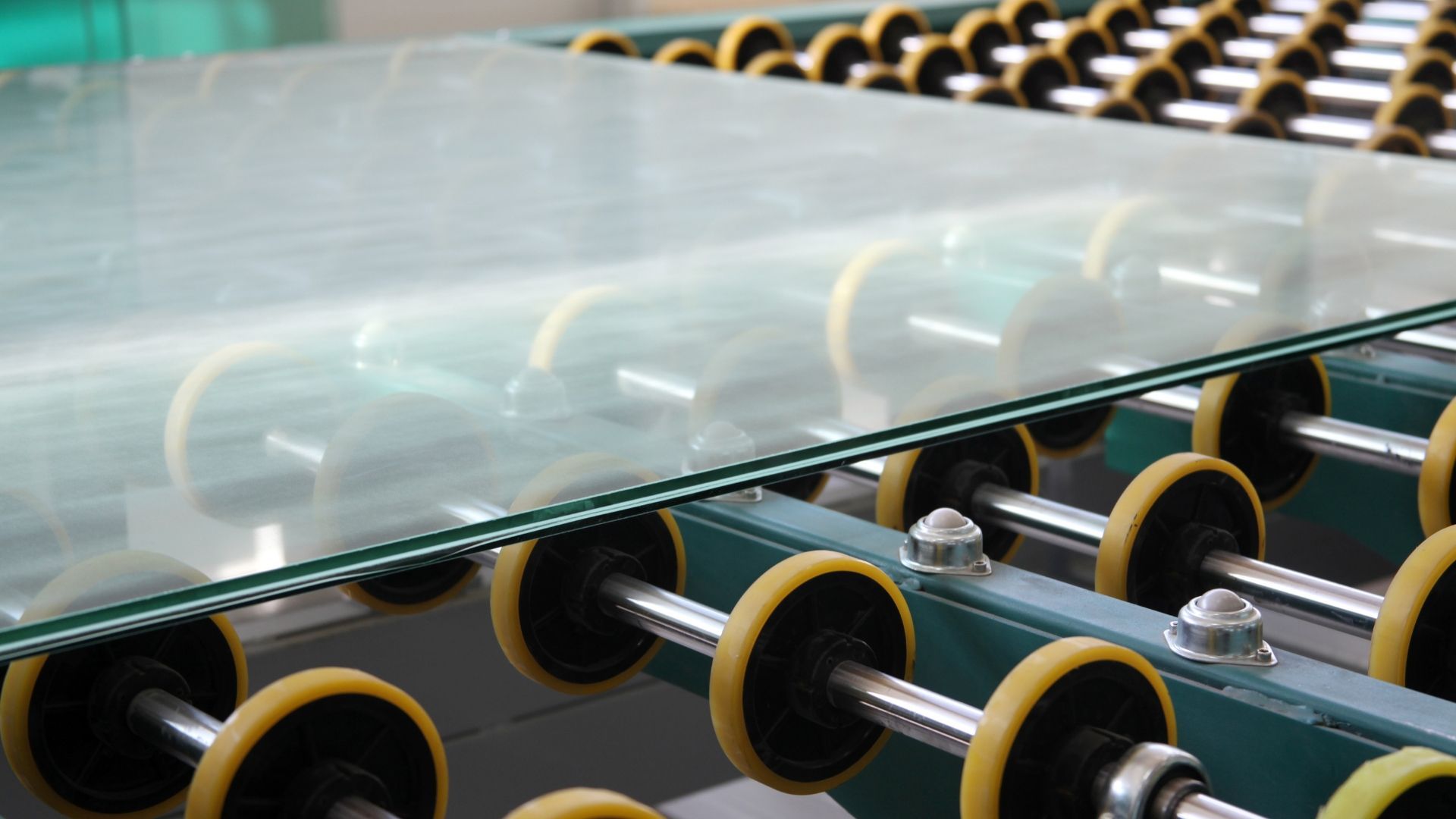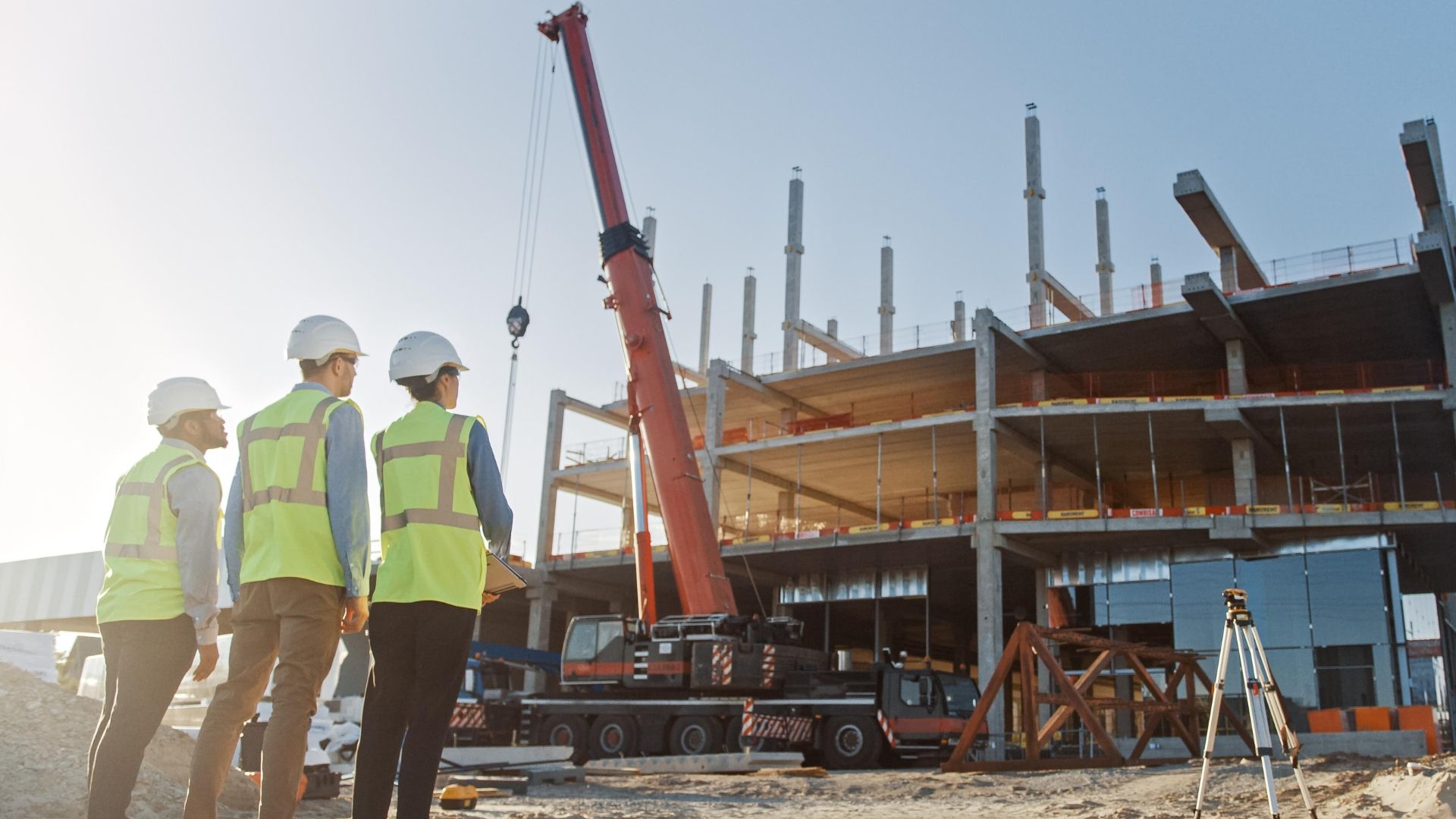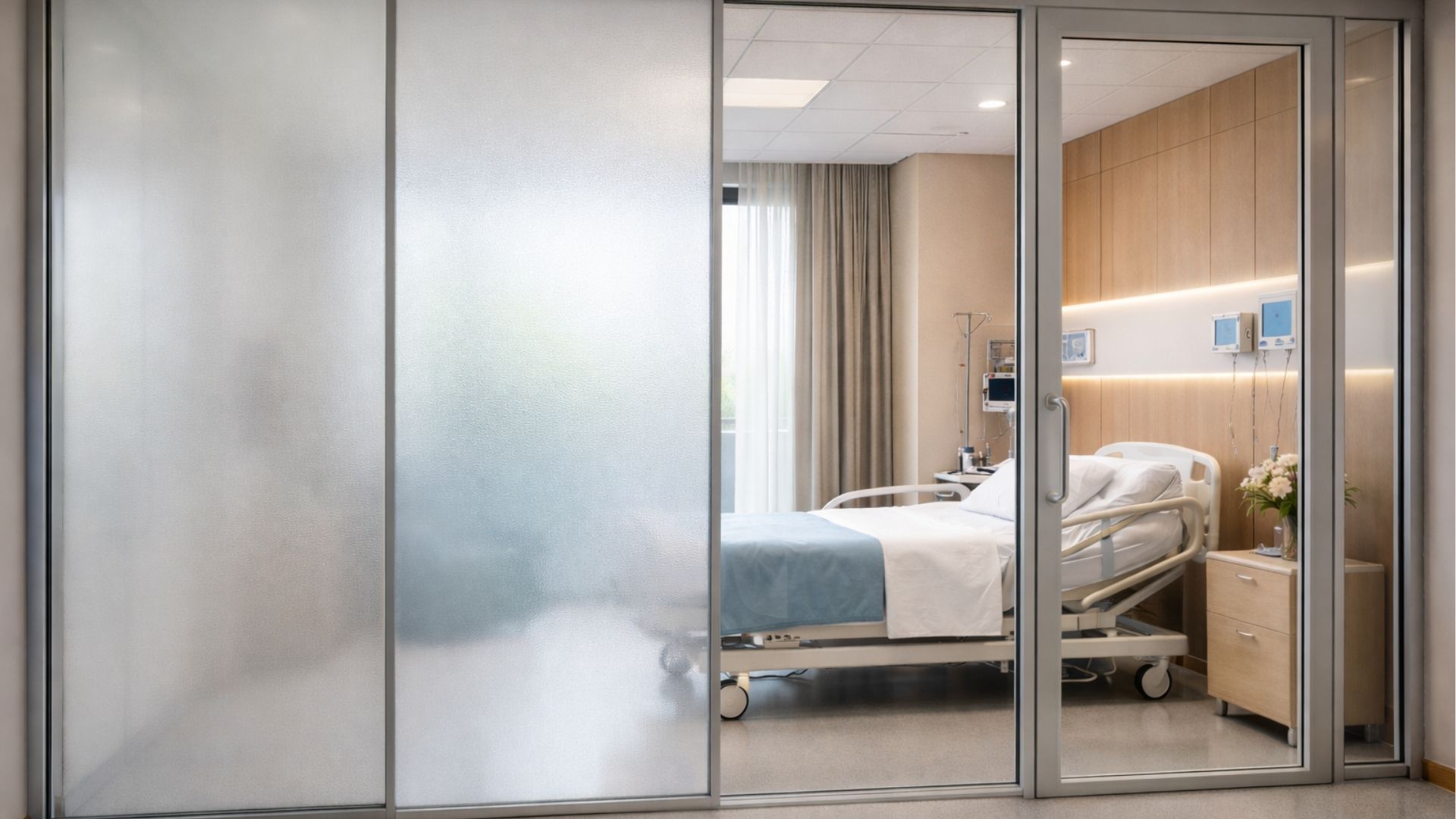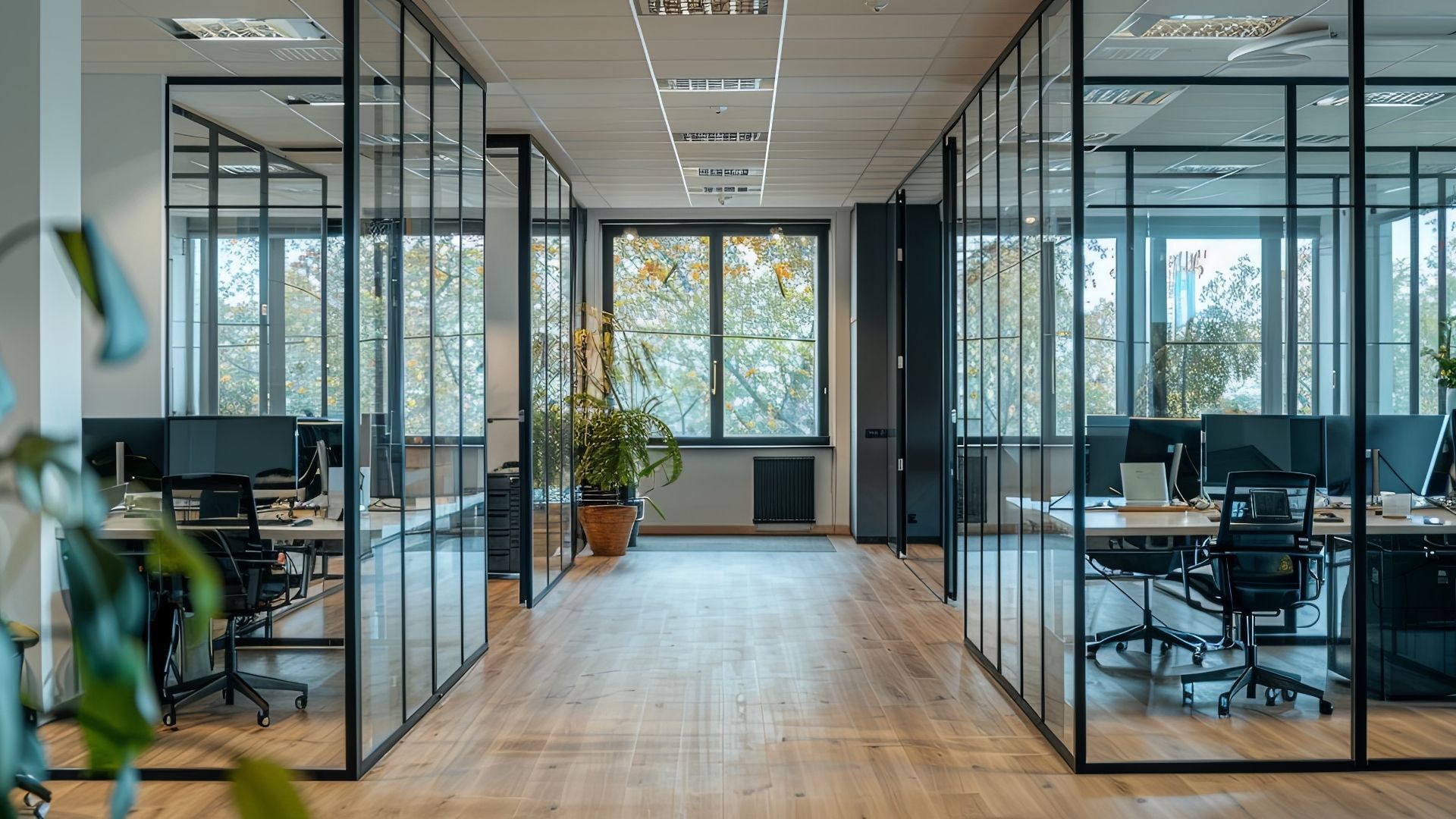What to look for in a new commercial glass supplier
Share this blog:
Are you looking for a new commercial glass supplier? Make sure you make the right choice, first time, with our checklist of essential considerations.
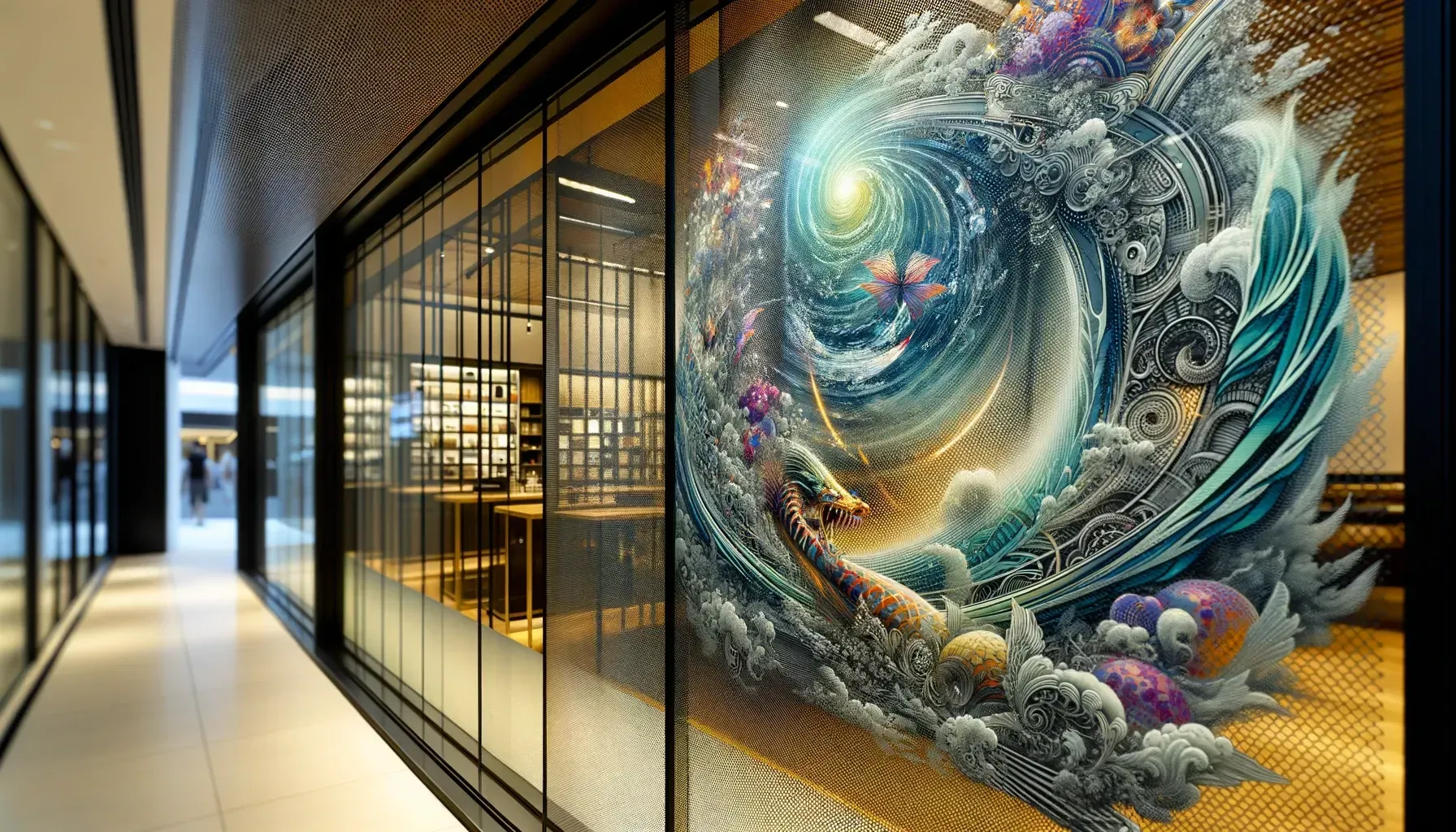
So. You're looking for a new commercial glass supplier.
Perhaps your existing supplier has let you down or your relationship has soured. Perhaps you're doing your due diligence and shopping around for the best deal. Or maybe you're a buyer with a long list of glass products to procure and an ever-shrinking deadline to deal with.
In any case, time is of the essence – but haste will only land you in hot water.
It pays to give some careful thought to your choice of glass supplier. If you rush in without checking the basics, you're liable to be left juggling duff glass, missed deadlines and unhappy customers.
Do your research, though, and things will look much rosier. A good commercial glass company will deliver the glass you need, on time and on spec. And if things go well, you'll build a lasting relationship that will save you procurement hassles down the line.
We're not suggesting you book a six-week Himalayan retreat to think it over. Just keep these four points in mind as you ponder your decision.
If a supplier ticks all these boxes, you're golden.
1. Facilities and capabilities
This might sound like we're warning you to steer clear of smaller suppliers. That's not our intention at all.
However, it's important to ask yourself this: "Does my glass supplier have the capacity and capabilities to deliver what I need?"
Imagine that your next supplier turns out to be one person with a CNC machine in their garage. That might be fine if you only need a few sheets of glass cut to size. However, it would be untenable for anything more complex.
On the one hand, this is a simple issue of scale. You need 200 sheets of glass, yesterday. Can your commercial glass company handle this – or will your request create production bottlenecks that send ripples of disruption through your project?
Then there's the question of capability. The more complex your specification, the more processes are required – and with that comes more potential for delays, miscommunication and headaches.
Let's say you need some digitally printed laminated glass that's cut to a specific shape. Each of these – the printing, the lamination and the cutting – is a separate process. And if your glass needs to be sent from facility to facility to get this done, it will inevitably take more time and involve more risk.
Ideally, your supplier will be able to process and deliver any kind of glass from one location. It's just simpler, faster and more scalable that way. It's often more cost-effective, too.
2. Product quality
When it comes to glass, it's not worth cutting corners.
Why? Well, for a start, you've got a reputation to uphold. You want glass that lasts because that's what your customers expect. You don't want to cause them headaches by installing something that needs replacing before the next full moon.
Then, of course, there's safety. Whether it's structural glass or double glazing, you have a responsibility to ensure it protects the people who use it and meets relevant regulatory standards.
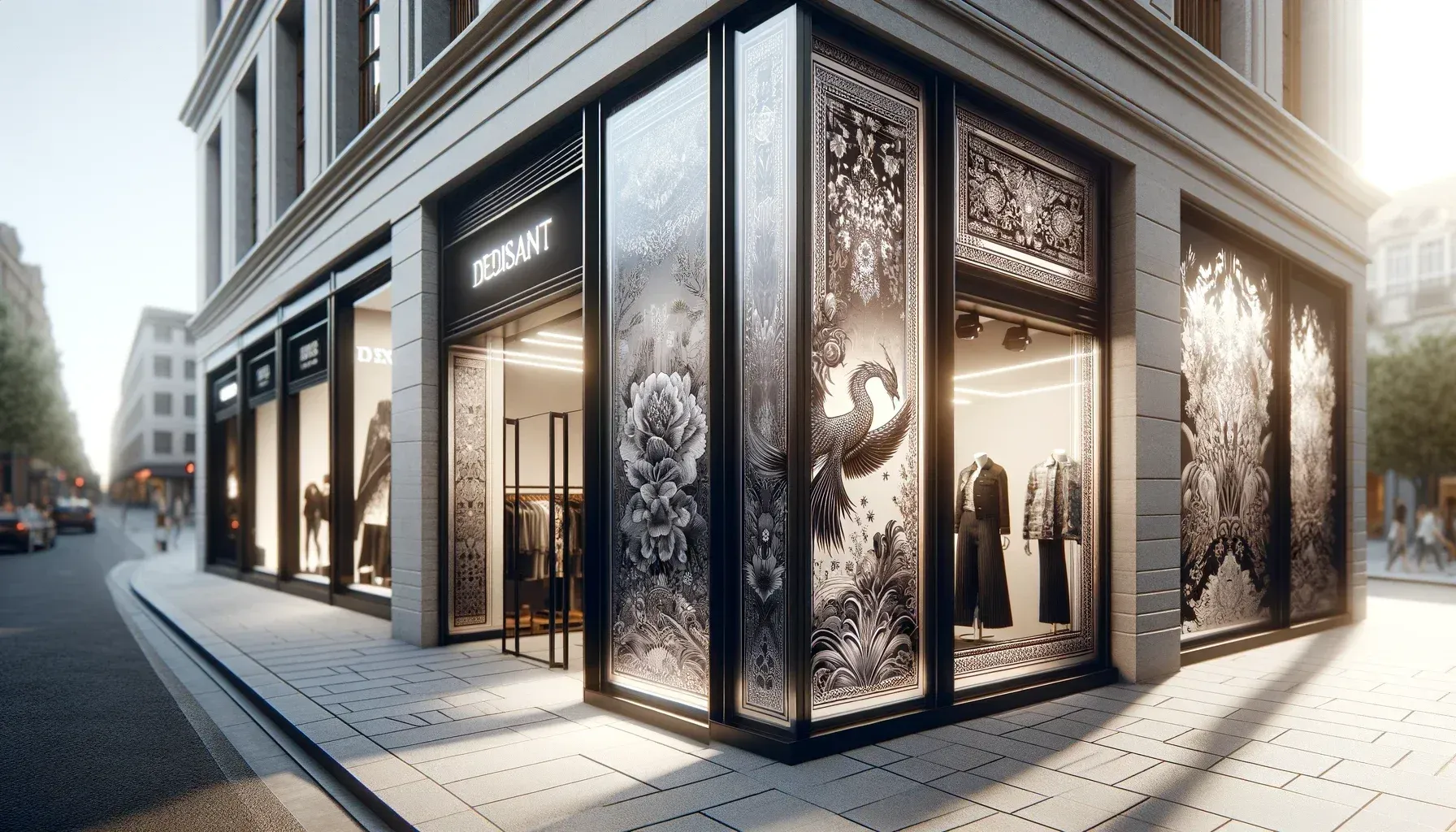
Now, your commercial glass supplier won't necessarily be able to offer regulatory advice. That's why it's important to do your homework and make sure you know exactly what kind of glass you need to comply with regulations.
However, your supplier should do its bit too. It should be upfront about its adherence to regulations. It should, if it's got nothing to hide, shout its Kitemarks and BSI test standards from the rooftops. And it should provide detailed technical specifications for all of its products – including bespoke glass.
Another perk to look out for is ISO 9001:2015 accreditation. This is the international standard for quality management.
Glass suppliers aren't obliged to achieve this accreditation – but you can consider it a mark of quality if they have. It shows that the supplier can consistently meet customer expectations, fulfil regulatory requirements and deliver continuous service improvements.
3. Experience and expertise
To outsiders, the glass industry can feel like a puzzle wrapped in a conundrum wrapped in an Encyclopedia written in Morse code.
If you want to succeed in this field, you've got to know your stuff. You need to memorise countless rules and regs, get to grips with complicated machinery and understand the needs of industries across the commercial spectrum.
And there are always new things to learn. That's why experience is such an important consideration when choosing a commercial glass supplier.
With experience comes expertise. A company with decades of experience will be able to offer better advice and more fine-tuned problem-solving skills than a supplier that's new to the game.
And, ideally, they'll have built up a solid reputation too. After all, they must be doing something right if they've thrived for this long.
Reputation is important, of course, because nobody wants to be let down – not least when you've got deadlines to meet, subcontractors to shepherd and customers to satisfy.
But it still pays to do your due diligence. If a salesperson is serving you something that sounds too tasty to be true, take it with a bucketload of salt. Check online reviews. Ask around with colleagues and industry peers. Make sure those sky-high claims stand up to scrutiny.
A good supplier won't need to lay it on thick. It should be able to let its products, processes and reputation do the talking.
4. Logistics and delivery
So you've found a good supplier. You're confident that it knows its glass and it has its ducks in a row.
But be careful not to fall at the final hurdle. Make sure your supplier can get your glass where it needs to be when it needs to be there.
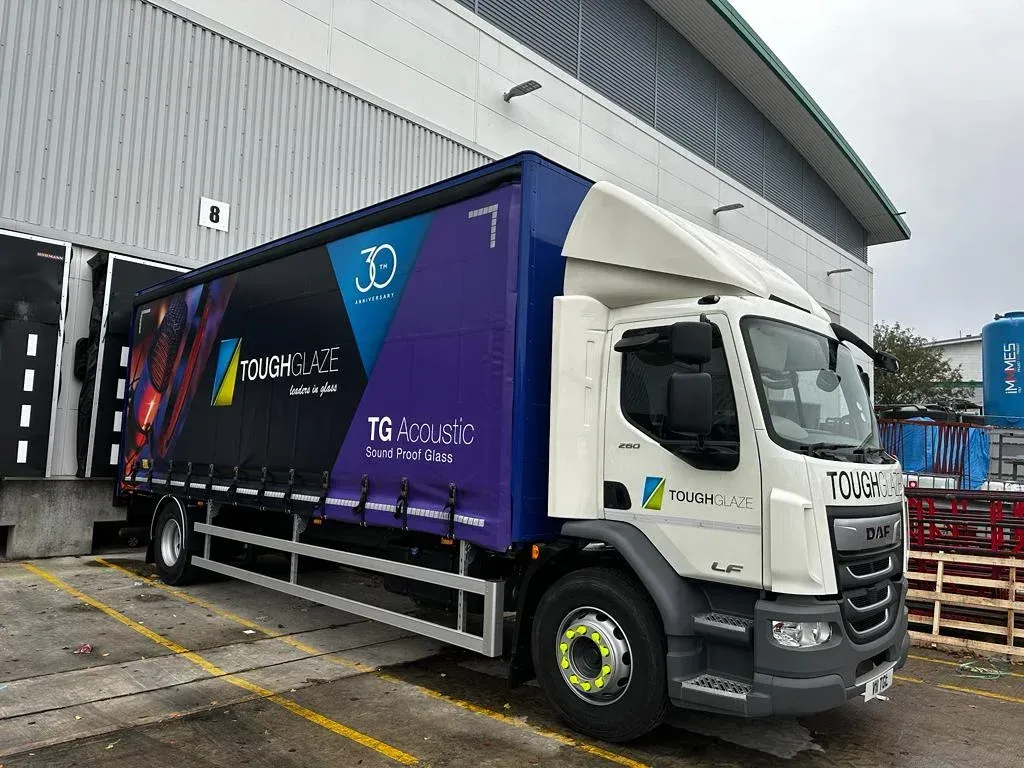
At bottom, you need to check that your project site is within the supplier's delivery zone. If this isn't cleared up during your initial conversations, you might find yourself dealing with logistics companies when you could be doing, well, anything else.
Check turnaround times for delivery too. Try to get clarity on dates and times. You know better than anyone that a project is a house of cards – and the slightest delay could cause the whole thing to come crashing down.
Ideally, your supplier will have an in-house logistics function, complete with dedicated staff and dedicated vehicles. If it handles its own products with its own fleet, this means fewer links in the supply chain – and that means fewer opportunities for delays, delivery hiccups and crossed wires.
Established in 1993, ToughGlaze has grown to become one of the UK's most trusted commercial glass suppliers. Thanks to our state-of-the-art facility, we can handle almost any specification – at any scale. For a quick quote or informal chat, contact our friendly experts today.

